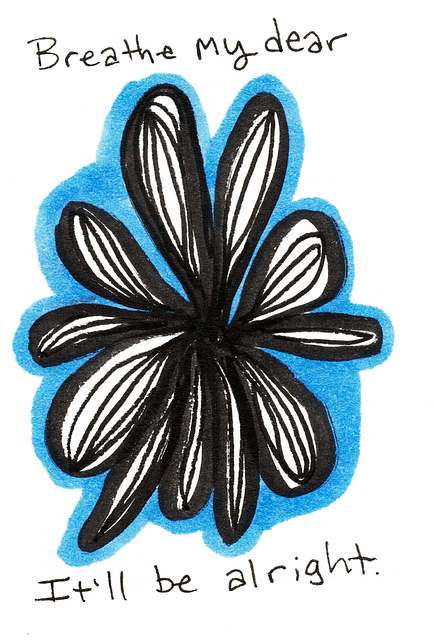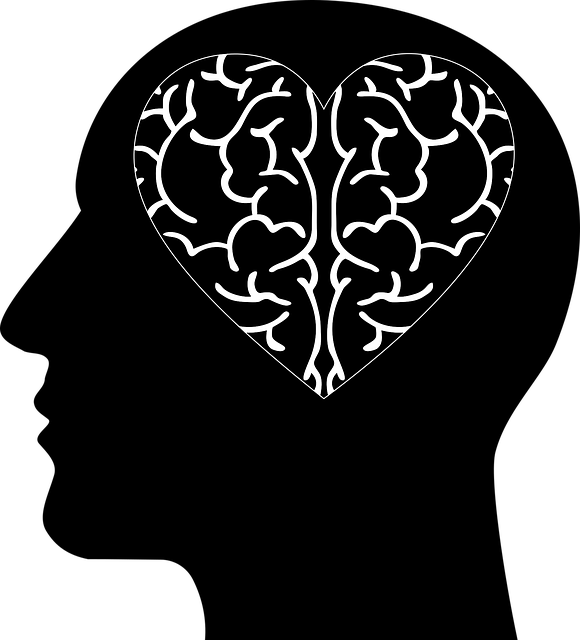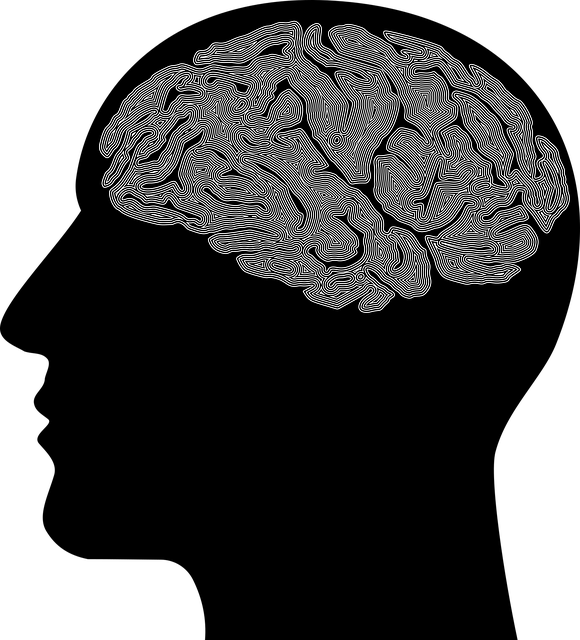Social Skills Development in young children is crucial for their overall growth. For those with gender identity issues, specialized therapy for young children enhances emotional intelligence, self-awareness, and empathy, improving social behaviors and mental health. This process supports transgender youth in navigating their identities while implementing depression prevention strategies. Play-based therapy and structured programs effectively develop communication skills in young children with mental health conditions or gender identity concerns. Mental health professionals facilitate these improvements through risk assessment and tailored interventions, integrating stigma reduction efforts for open communication. Incorporating self-care routines, emotional intelligence discussions, role-playing, and self-awareness exercises at home and school benefits all children, fostering a more inclusive environment for robust social skills development.
Social skills training is a vital component in supporting individuals with mental health conditions, especially young children. This article explores various aspects of social development, focusing on its significance in early years. We delve into how mental health challenges impact social interaction and discuss gender identity issues, offering insights into their unique social skillsets. Therapeutic approaches and practical strategies for parents and educators are presented to enhance social competence. By understanding these dynamics, we can foster healthier social environments.
- Understanding Social Skills Development in Young Children
- The Impact of Mental Health Conditions on Social Interaction
- Identifying Gender Identity Issues and Their Influence on Social Skills
- Therapeutic Approaches for Enhancing Social Competence
- Practical Strategies for Social Skills Training at Home and School
Understanding Social Skills Development in Young Children

Social Skills Development in young children is a crucial aspect of their overall growth and well-being. From an early age, kids start forming interactions with peers, learning to communicate, share, and resolve conflicts. These foundational skills are essential for building meaningful relationships and contributing to mental health awareness. Therapy for Young Children, especially those navigating gender identity issues, can play a pivotal role in enhancing social skills development.
Through specialized interventions, therapists help children improve their emotional intelligence, fostering self-awareness and empathy towards others. This process involves teaching them appropriate social behaviors, managing emotions, and understanding social cues. By focusing on these aspects, therapy not only supports mental health improvement but also strengthens the child’s ability to engage in positive interactions, leading to better self-esteem improvement and enhanced social connections.
The Impact of Mental Health Conditions on Social Interaction

Mental health conditions significantly shape and impact an individual’s social interactions, often leading to challenges in connecting with others. These conditions can manifest differently across various age groups, particularly affecting young children who are still developing essential social skills. Therapy for young children suffering from anxiety, depression, or other mental health issues plays a pivotal role in fostering healthy relationships and improving their overall well-being.
When it comes to gender identity, mental health professionals recognize that the emotional healing processes vary among individuals. For transgender youth, navigating their identity can be complex and may involve additional social barriers. Effective therapy approaches focus on enhancing emotional intelligence, which is crucial for understanding oneself and others, thereby promoting positive interactions and supporting depression prevention strategies specific to these populations.
Identifying Gender Identity Issues and Their Influence on Social Skills

Gender identity issues can significantly impact an individual’s social skills and overall mental wellness, especially in young children. The process of understanding and developing one’s sense of self is complex, and any discrepancies between a person’s perceived gender and their assigned gender at birth may lead to social challenges. In therapy sessions for young children experiencing these issues, professionals focus on creating safe spaces to explore and express their identities. This approach aids in fostering healthy social interactions as children learn to navigate relationships with peers and adults.
Public awareness campaigns play a crucial role in normalizing conversations around gender identity, reducing stigma, and promoting early intervention. By increasing understanding and support for these unique needs, mental wellness coaching programs can be tailored to address specific challenges. This is particularly important as burnout prevention strategies are integrated into the development process, ensuring that both children and their families receive the necessary tools to thrive in a supportive environment.
Therapeutic Approaches for Enhancing Social Competence

Social skills training is a multifaceted therapeutic approach designed to enhance social competence in individuals with mental health conditions. For young children, play-based therapy and structured social learning programs have proven effective. These methods often incorporate role-playing scenarios, games, and interactive activities that help children develop essential communication, empathy, and conflict resolution skills. Specifically, therapies targeting gender identity issues in adolescents can significantly improve their social integration by addressing unique challenges related to self-expression and peer relationships.
Mental health professionals play a crucial role in facilitating these improvements through comprehensive risk assessment and tailored interventions. By integrating mental illness stigma reduction efforts into therapy sessions, healthcare providers can create supportive environments that encourage open communication. Additionally, cultural competency training equips professionals with the knowledge and skills necessary to address diverse needs, ensuring effective social skills training across various demographics.
Practical Strategies for Social Skills Training at Home and School

Social Skills Training at Home and School
For parents and educators looking to implement social skills training, there are numerous practical strategies that can be adapted for both home and educational settings. Start by incorporating self-care routine development for better mental health into daily routines. Simple practices like mindfulness exercises, deep breathing, or even a dedicated quiet time can help individuals regulate their emotions and improve social interactions. Encouraging emotional intelligence through open discussions about feelings and experiences fosters understanding and empathy.
At home, role-playing different social scenarios can be an effective therapy for young children with mental health conditions. Practice greetings, sharing toys, or resolving conflicts in a safe environment. Schools can incorporate similar activities during group time or break periods. Additionally, promoting self-awareness exercises through journaling or creative expression allows individuals to process their emotions and thoughts, enhancing their ability to engage socially. These strategies collectively contribute to building robust social skills, particularly for those navigating challenges related to gender identity.
Social skills training is a powerful tool in supporting individuals with mental health conditions, especially young children. By understanding the unique challenges faced by those with social difficulties, we can implement targeted interventions. This includes recognizing gender identity issues and their impact on social interaction, as well as utilizing therapeutic approaches tailored to enhance social competence. With practical strategies both at home and in educational settings, we can foster a more inclusive environment, ultimately improving the lives of young people through effective social skills training. These comprehensive methods, considering therapy for young children and gender identity concerns, are key steps towards navigating and overcoming social barriers.














